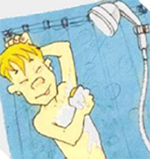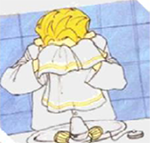| Seite 4 |
Interrogatives as conjunctions: Interrogative pronouns (wer, was, welcher, was für ein ...) and interrogative adverbs (wann, warum, wie, wo, woher, woher) may act as subordinating conjunctions. They introduce so-called indirect questions, which function like dependent clauses:
- Ich habe nicht gewusst, was ich tun soll.
- Er hat mich gefragt, wer heute gekommen ist.
- Ich möchte wissen, warum er nicht geschrieben hat.
- Können Sie mir sagen, wann der nächste Zug ankommt?
- Sie hat keine Ahnung, wohin Dieter gegangen ist.
Übung 10-4a: Ich weiß nicht, wann wir essen können. Im BOLT.
- Beispiel: Wen will er einladen? → Ich weiß nicht, wen er einladen will.
- Was müssen wir machen? Ich werde Dieter fragen, ____________________________________.
- Wohin fährt deine Familie in Urlaub? Es ist noch offen, _________________________________.
- An welchem Tag ist Ostern dieses Jahr? Ich weiß gar nicht, _________________________________.
- Warum hat Heiners Frau so viele Sorgen? Nur Heiner kann sagen, _________________________________.
- Wo können wir am besten zelten? Ich werde fragen, _________________________________.
- Wie komme ich von da zum Marktplatz? Ich zeige Ihnen, _________________________________. (Use the logical subject!)
Reflexive Structures
If the subject and the object of a sentence indicate the same person or thing (self), a reflexive pronoun is used for the object.
The objects are either in the accusative or dative case.
The reflexive pronouns are different than regular object pronouns in the third person singular and plural, as well as for the formal "Sie": all are sich in
both the accusative and dative cases.
All languages use some form of reflexive, especially when the action refers to the subject of the sentence. In English, for example, some form of "self"
(myself, yourself, herself...). In German, however, many verbs require a reflexive pronoun when it does not in English. For example, "I remember" in German is
"Ich erinnere mich". Further examples from a host of reflexive verbs:
Beginning German language textbooks typically introduce reflexive verbs using daily regimens and health: washing, getting dressed, etc.
This approach is useful because both the accusative and dative reflexive pronouns can be used. For example:
These verbs are usually only reflexive when the action affects the subject directly or indirectly.
Here is a short list of these verbs (acc) = accusative reflexive pronoun / (dat) = dative reflexive pronoun:
Lena putzt sich die Zähne. Tobi zieht sich an. Ich bürste mir die Haare. Du duschst dich. Ich wasche mir die Haare. Die Kinder freuen sich. Du wäschst dir die Hände. Barbara kämmt sich. Stefan rasiert sich. Meine Schwester schminkt sich. Nach der Dusche muss ich mich trocknen. Man badet sich in der Badewanne. Der Fußballspieler hat sich verletzt. Du hast dich erkältet. Ich ziehe mir die Schuhe an. Du ziehst dir die Jacke aus.
Übung 10-4b Mein Tagesablauf. Beschreiben Sie deinen Tagesablauf von gestern!
____________________________ ____________________________ ____________________________ ____________________________ ____________________________ ____________________________ _____________________________ ____________________________ ____________________________ ____________________________ ____________________________ _____________________________ ____________________________ ____________________________ ____________________________
SUBJECT PRONOUNS: ich du sie es er
REFLEXIVE PRONOUNS
accusativemich dich sich sich sich
REFLEXIVE PRONOUNS
dativemir dir sich sich sich
SUBJECT PRONOUNS: wir ihr sie
REFLEXIVE PRONOUNS
accusativeuns euch sich
REFLEXIVE PRONOUNS
dativeuns euch sich









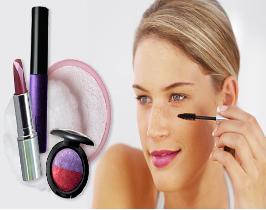

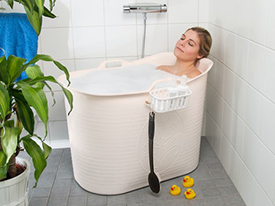
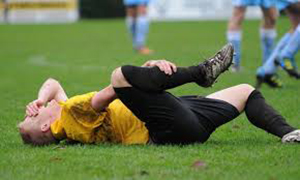

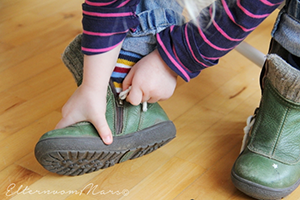

Beispiel:
 + früh aufwachen →
+ früh aufwachen →
_________Ich bin gestern früh aufgewacht.__________

